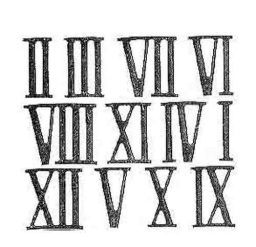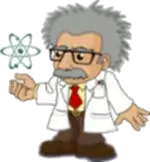Five-digit number creation
Create all five-digit numbers in ascending order from three, four, and two zeros.
Final Answer:

Tips for related online calculators
See also our permutations calculator.
See also our variations calculator.
Would you like to compute the count of combinations?
See also our variations calculator.
Would you like to compute the count of combinations?
You need to know the following knowledge to solve this word math problem:
combinatoricsbasic operations and conceptsnumbersGrade of the word problem
Related math problems and questions:
- Natural number creation
 How many natural numbers can you make from the digits contained in the number 4002? No digit may be repeated in the number entry. However, not all digits must be used. Sort the numbers in ascending order of size.
How many natural numbers can you make from the digits contained in the number 4002? No digit may be repeated in the number entry. However, not all digits must be used. Sort the numbers in ascending order of size. - Fraction order
 Arrange fractions in ascending order: 7/9, 5/6, 2/3, 11/12, 3/4; Write the resulting order as a 5-digit number, digit = order.
Arrange fractions in ascending order: 7/9, 5/6, 2/3, 11/12, 3/4; Write the resulting order as a 5-digit number, digit = order. - Natural number creation
 How many natural numbers can you make from the digits in 4052? No digit may be repeated in the number entry. Sort the numbers in ascending order of size.
How many natural numbers can you make from the digits in 4052? No digit may be repeated in the number entry. Sort the numbers in ascending order of size. - Four-digit numbers
 Create all four-digit numbers from digits 1,2,3,4,5, which can repeat. How many are there?
Create all four-digit numbers from digits 1,2,3,4,5, which can repeat. How many are there? - Even number creation
 How many are all even two-digit numbers that We can create from the digits 2, 4, and 7? The numerals can be repeated in the created number.
How many are all even two-digit numbers that We can create from the digits 2, 4, and 7? The numerals can be repeated in the created number. - Order fractions
 Arrange in ascending order 1 5/6, 11/9, 5/16, 3
Arrange in ascending order 1 5/6, 11/9, 5/16, 3 - 4 digit number
 I am a four-digit number. My thousand period has a first digit, which is thrice the second digit, and the second digit is two more than the third digit. All the rest of the digits are zeros. What number am I?
I am a four-digit number. My thousand period has a first digit, which is thrice the second digit, and the second digit is two more than the third digit. All the rest of the digits are zeros. What number am I?
